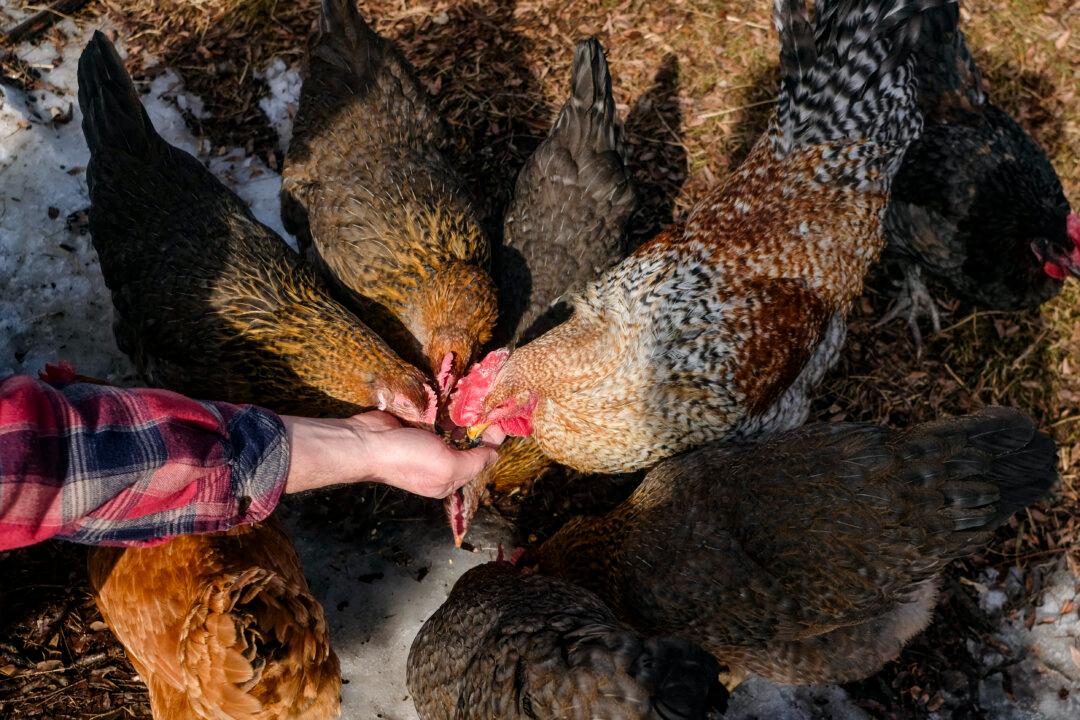Missouri has detected its first human case of bird flu in a patient who had no known contact with an infected animal, the U.S. Centers for Disease Control and Prevention (CDC) said on Friday.
This is the first time a patient who did not work with any poultry or dairy farms has tested positive for bird flu, and it is the 14th human bird flu case reported in the United States this year.





